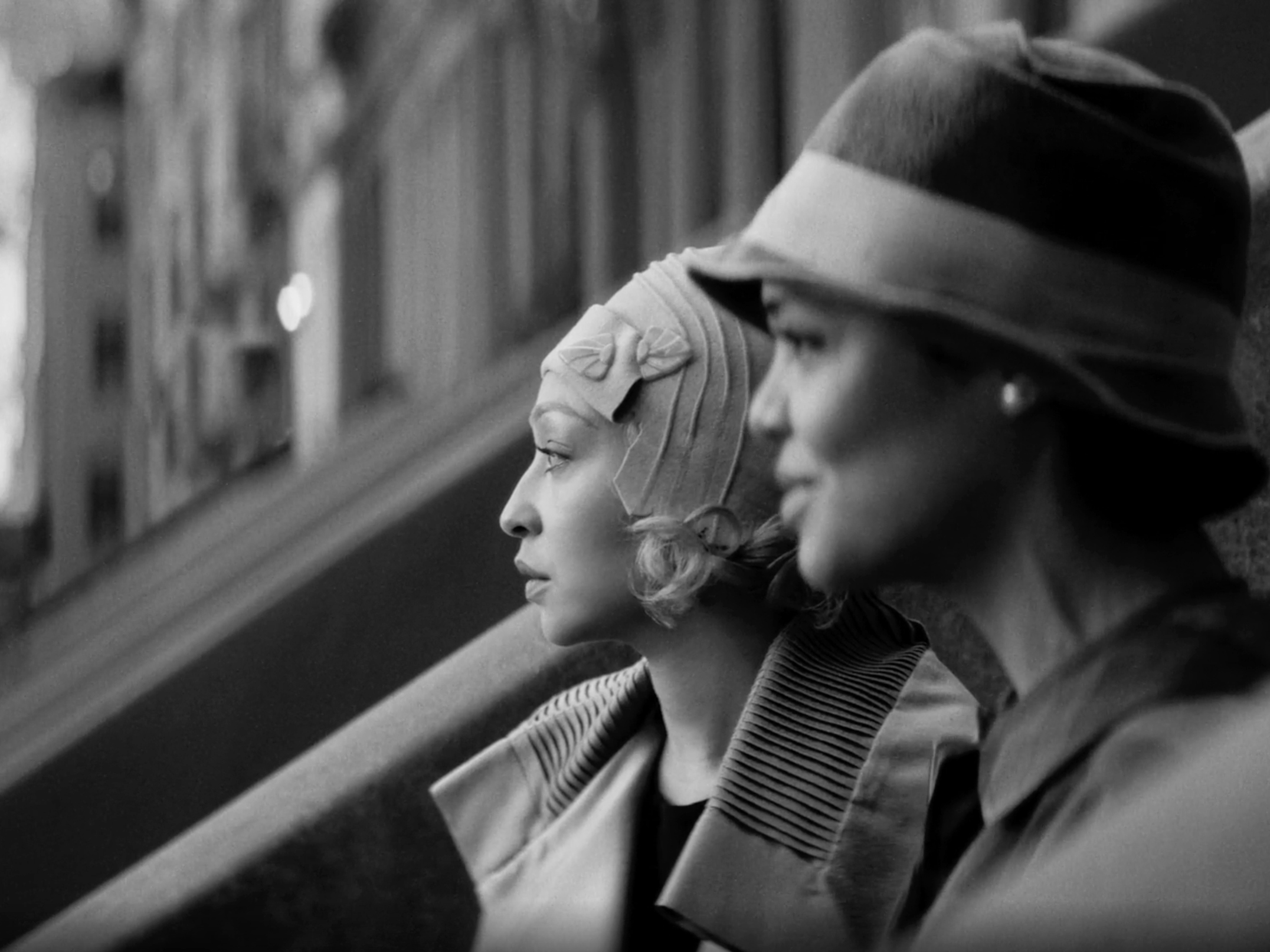
The issue of identity in the United States has always been a pressing issue and it shows no signs of slowing down. The matter of which racial, gender, sexual orientation, ethnic, or other group a person belongs will probably always play an integral part in a person’s life experience as long as human beings continue to roam the Earth and that life experience will always play a major part in determining who we become. Famed actress Rebecca Hall has chosen to use her directorial debut to hone in one of the most fraught time periods in American history for identity and explore a specific form of identity shifting in the film adaptation of a literary classic.
Passing tells the story of two Black women, Irene Redfield (Tessa Thompson) and Clare Kendry (Ruth Negga) who can “pass”; the phenomena of a person belonging to one racial group that has enough ambiguous characteristics that will allow them be accepted or perceived as belonging to another. Both Irene and Clare possess the ability to convince others and pass as white in Jim Crow America, but choose to live on opposite sides of the color line during the height of the Harlem Renaissance in late 1920s New York, with Irene remaining black and Clare passing as white. After a chance encounter reunites the former childhood friends one summer afternoon, Irene reluctantly allows Clare into her home, where she ingratiates herself to Irene’s husband (André Holland) and family, and soon her larger social circle as well. As their lives become more deeply intertwined, Irene finds her once-steady existence upended by Clare.
In its exploration of the phenomenon of passing for white as a black person, Passing provides a glimpse into how those who pass as non-black become party to the things that the white majority say when they’re not in polite company. The moment when Irene first meets Clare’s husband John (Alexander Skarsgard) and he, not realizing Irene’s black ancestry, reveals himself to be an unrepentant racist best encapsulates the film’s examination of the grass on the other side and just what exactly its hue of green is. For Clare, crossing over into passing as white and escaping the prison of second class citizenship was supposed to mark the achievement of a dream. Instead, she found the self-imposed prison of being who she was not, and the resulting isolation from those like her, to be just as confining as the prison of segregated dehumanization that whites force blacks into.
As the film unfolds, we also come to learn that passing isn’t confined to the single issue of racial identity, but that Irene is also passing in a sense with her existential identity crisis surrounding her sexuality rather than her race. Jealousy awakens within Irene as Clare and Brian grow closer and while it outwardly appears that Clare is jealous of Brian’s possible attraction to Clare, it appears that subconsciously, it may be a projection of her own feelings toward her old friend. Both situations are examinations of people’s propensity for constructing comforting lies and alternate realities for themselves in an attempt to fit into social constructs and restraints imposed upon them and the crushing weight of trying to keep said lies from collapsing in on them. As the title of this review suggests, any attempt to bury your true self is a futile one, as who you are at your core will follow you around despite any feeble attempts to prove otherwise. In a sense, our two central characters of Irene and Clare are sort of racialized Jay Gatsbys, another famous character from another famous novel set in the Jazz age seeking to run from his true self and construct a grander identity that would be approved by society writ large, to disastrous consequences. Clare, like Gatsby, tries to self-actualize a new version of herself at the expense of her past, but cannot outrun who she is.
In addition to the film’s strong social commentary, Hall imbues the period piece with the lush cinematography one would expect from a film set in the Jazz age. Passing is an eye-catching piece of cinema, attributable both to its black and white photography and the distinct 4:3 aspect ratio it uses. The monochrome picture and period accurate costume and production design gives the film a distinct and accurate feel of Harlem during its renaissance and transports viewers directly into the period and all of the cultural machinations it entails.
Passing can feel like a bit of a slow burn in terms of its story so the performances of its actors takes on an added importance. The ensemble doesn’t disappoint as Thompson and Negga lead the way alongside another strong supporting performance from Holland. In one of the film’s opening scenes in a hotel dining room, Thompson does an impeccable job subtly portraying the social anxieties of feeling as if you don’t belong in a public place due to your race and the social implications of your presence and very existence. Both she and Negga provide nuanced, empathetic portrayals of people battling their repressed selves and struggling to keep their poorly constructed houses of cards from finally collapsing.
Passing is an elegant step back in a time machine to a not so elegant time, seating beside two women caught in an unforgiving time that forces them to erect facades that they feel will protect them but in the end just constrict them even further. Rebecca Hall does a good job at subtly displaying the psychological toll that racial identity and caste imposes on people with actors Ruth Negga and Tessa Thompson offering performances that perfectly support Hall’s directorial mission. Hall’s debut is a quality first entry in her filmography and hopefully a harbinger of more to come.
Image: Netflix

